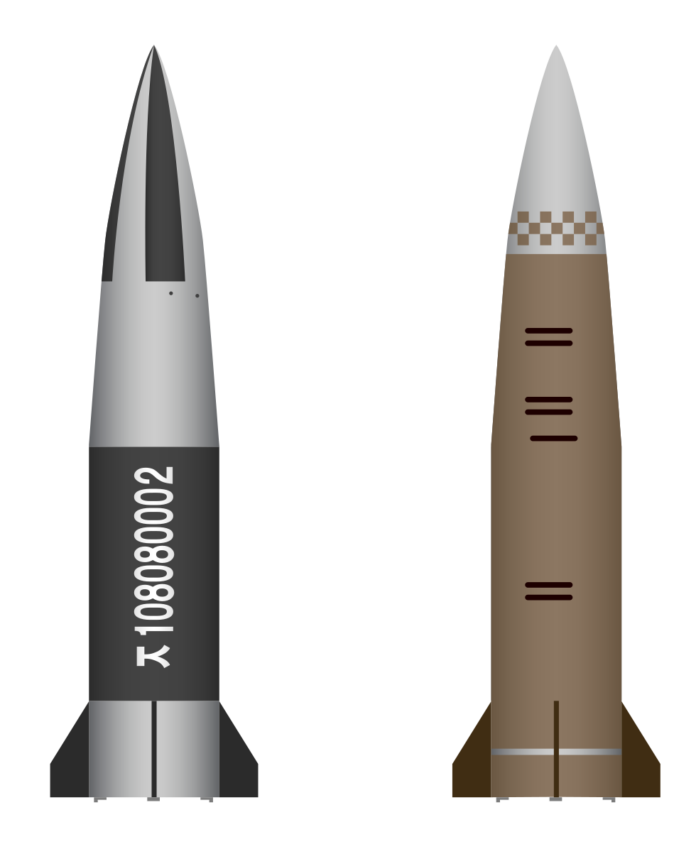The United Nations (UN) has confirmed that debris from a missile that landed in the Ukrainian city of Kharkiv on January 2, 2024, originated from a North Korean Hwasong-11 series ballistic missile. This revelation comes from a detailed 32-page report by UN sanctions monitors, who have identified a breach of the longstanding arms embargo imposed on North Korea.
North Korea, officially known as the Democratic People’s Republic of Korea (DPRK), has been subject to UN sanctions targeting its nuclear and ballistic missile programs since 2006. Over the years, these restrictions have been intensified in response to continued advancements and tests by North Korea. The recent findings in Ukraine highlight ongoing challenges in enforcing these international sanctions.
Sanctions monitors visited Ukraine earlier in the month to examine the missile fragments. Their investigations concluded that there was no evidence linking the missile’s manufacture to Russia. However, the monitors were unable to determine the launch origin or the identity of the operators conclusively. They did note, based on trajectory data provided by Ukrainian authorities, that the missile was likely launched from within Russian territory. If true, this would suggest the involvement of Russian nationals in procuring the missile, thereby violating the 2006 arms embargo on North Korea.
The implications of this finding are profound, as they suggest a possible military collaboration between Russia and North Korea, which could complicate the geopolitical dynamics in the region. The U.S. and other nations have previously accused North Korea of supplying weapons to Russia for use in its ongoing conflict in Ukraine, claims that both Russia and North Korea have denied. Despite these denials, both countries have expressed intentions to deepen their military cooperation.
This situation puts additional strain on international diplomatic efforts aimed at enforcing sanctions and preventing the escalation of military conflicts. The recent veto by Russia of the annual renewal of the UN panel of experts, who oversee the enforcement of sanctions on North Korea, further complicates these efforts. This panel has played a critical role for the past 15 years, and its mandate is set to expire soon, raising concerns about the future of sanction monitoring.
Moreover, the incident underscores the ongoing challenges faced by global institutions like the UN in maintaining peace and security. The findings also raise questions about the effectiveness of current international mechanisms to prevent the proliferation of missile technology, especially among nations like North Korea, which are under strict sanctions.
As international tensions continue to simmer, the role of international law and sanctions becomes increasingly vital in mediating these conflicts and ensuring global security. The revelation of North Korean missiles being used in the Ukraine conflict also highlights the interconnected nature of global conflicts and the complex web of relations that can exacerbate regional tensions.
The UN’s findings not only reveal a breach of sanctions but also hint at the broader implications for international stability and the intricate dance of diplomacy required to address these breaches. The ongoing situation demands careful scrutiny and coordinated international response to uphold peace and prevent further escalation of conflicts.
Image is licensed under the Creative Commons Attribution-Share Alike 4.0 International license and was created by Geoarchive.
